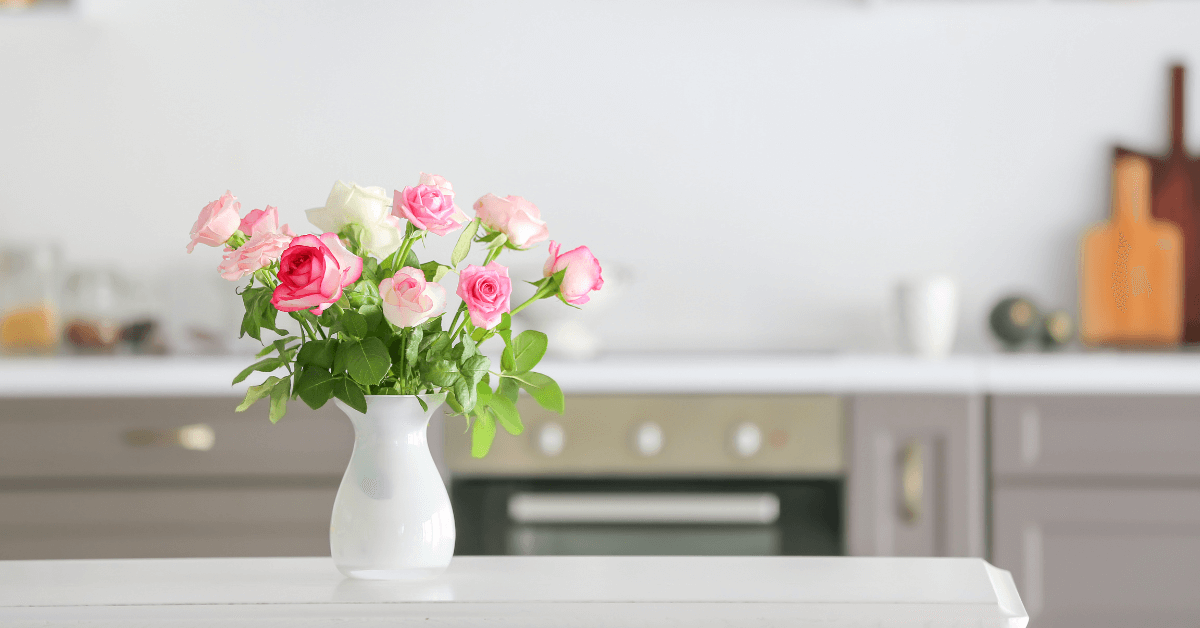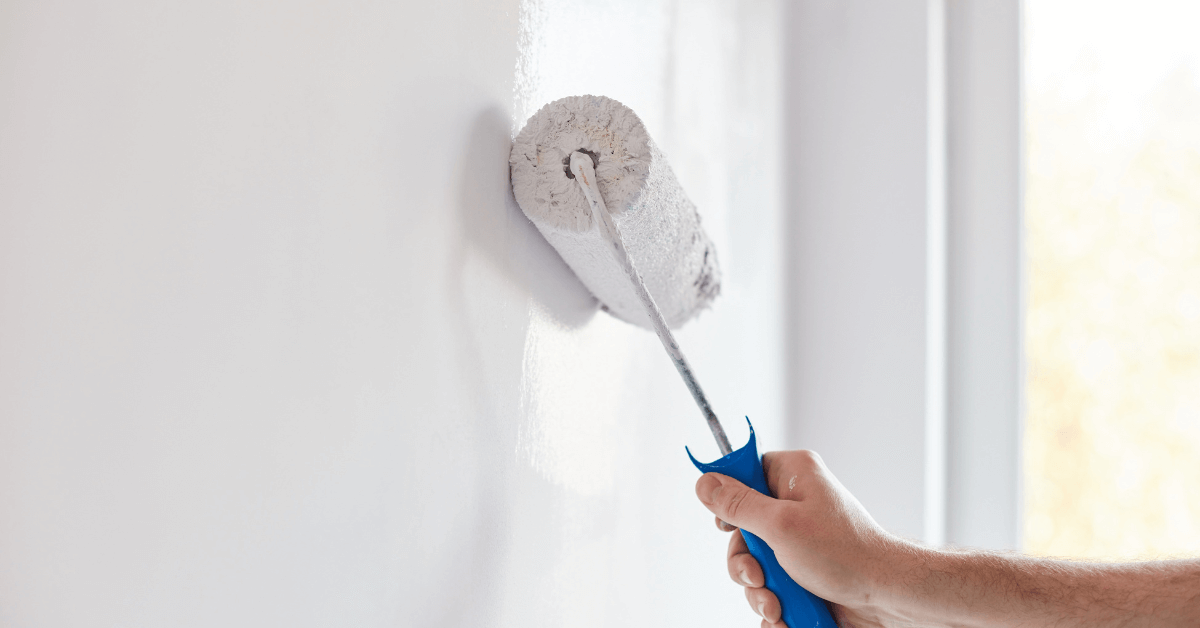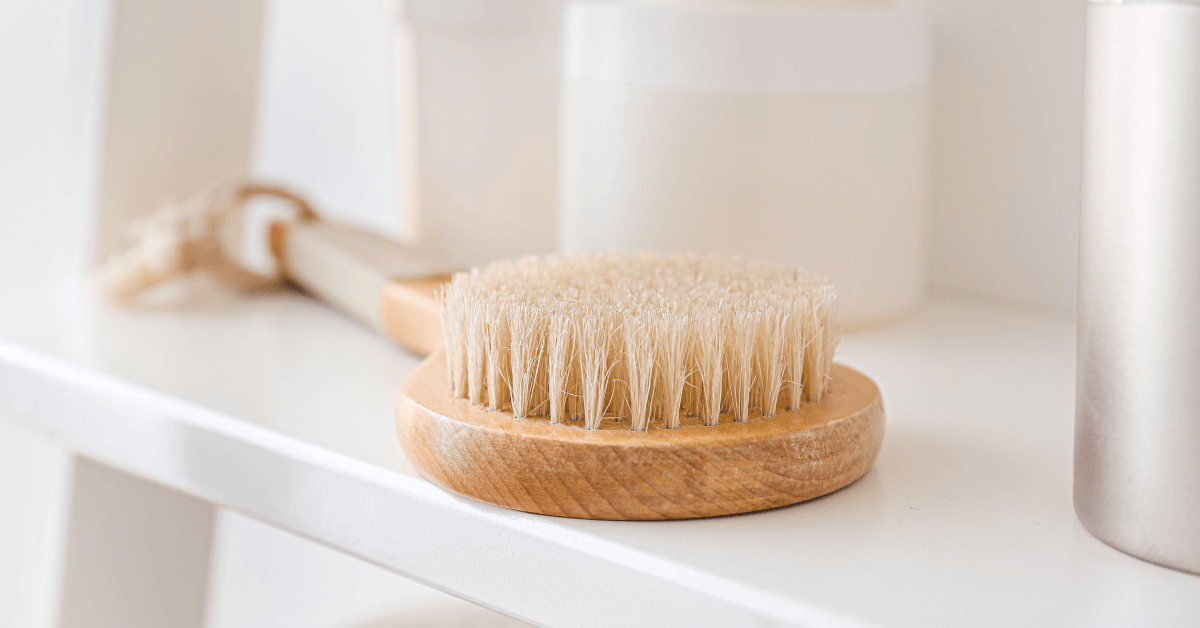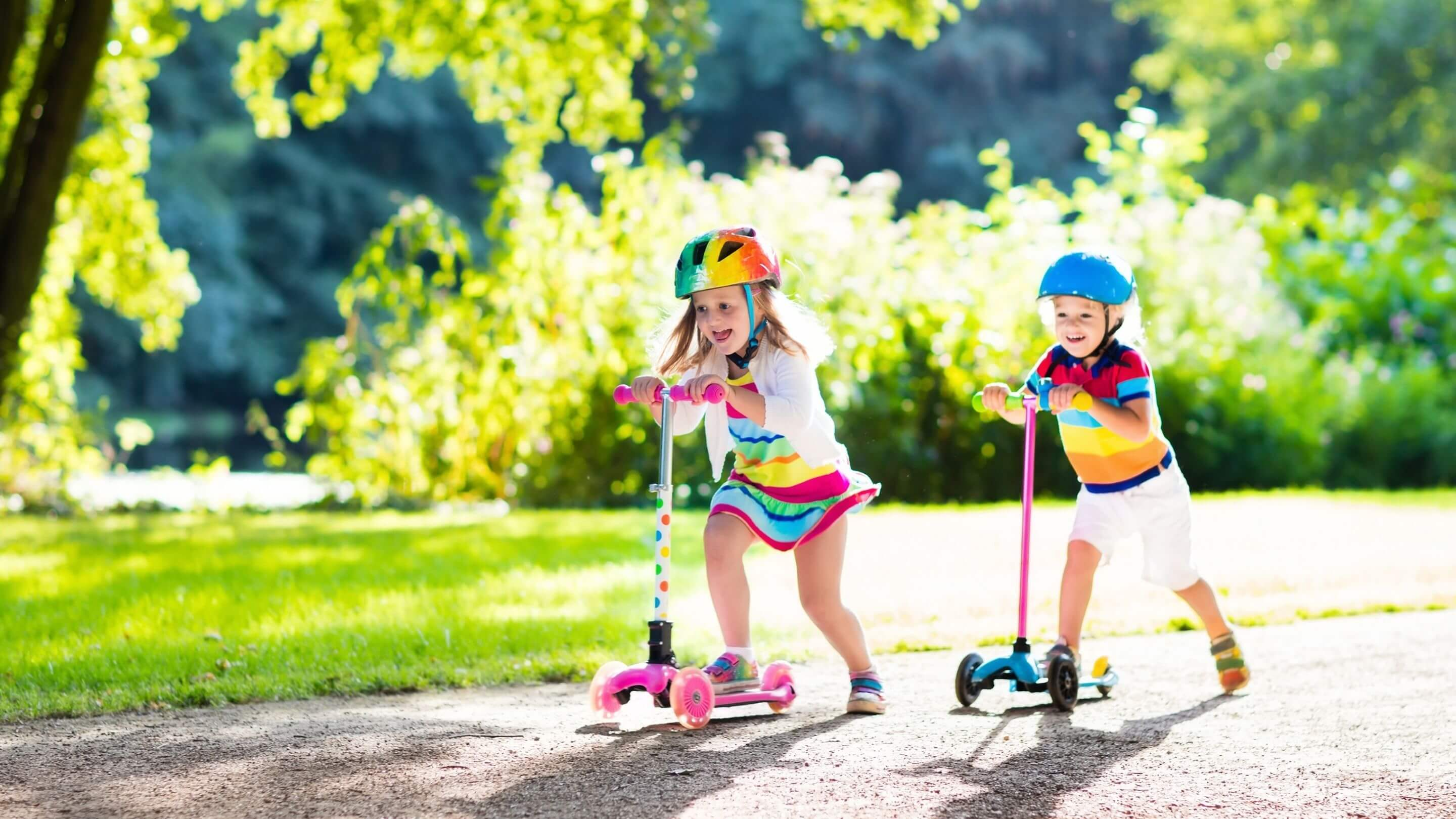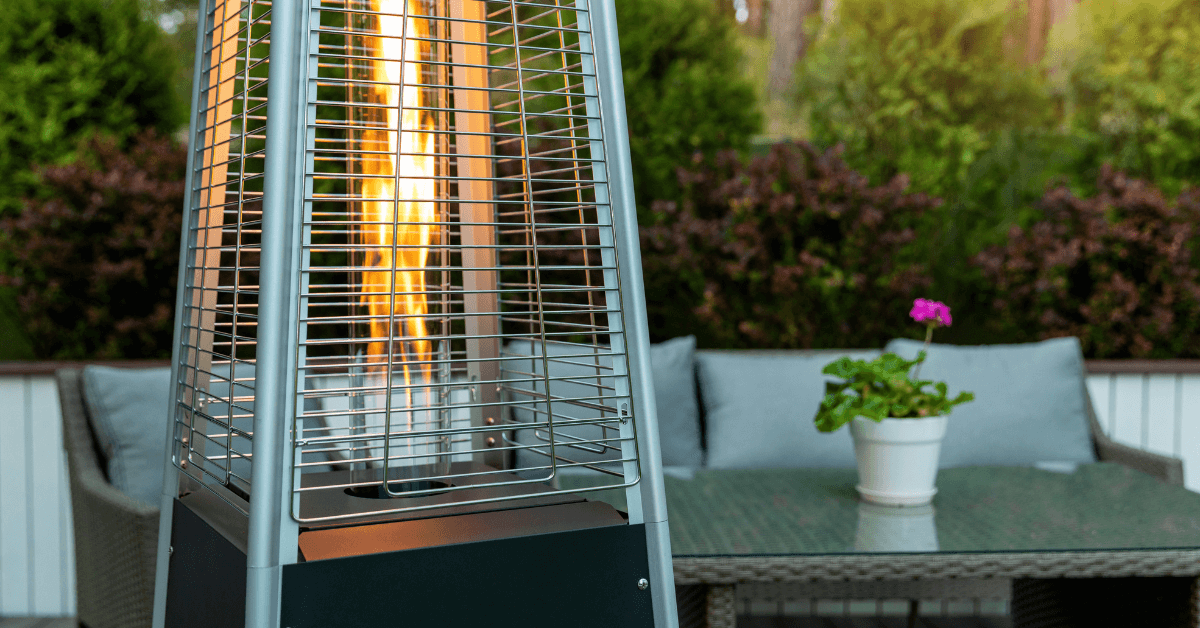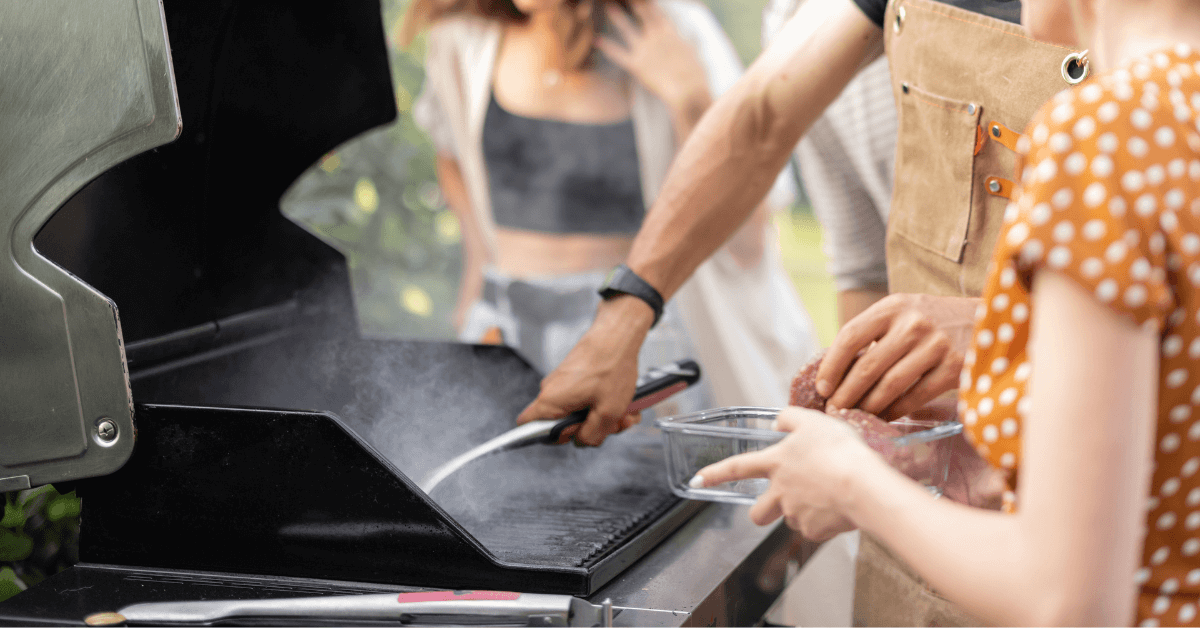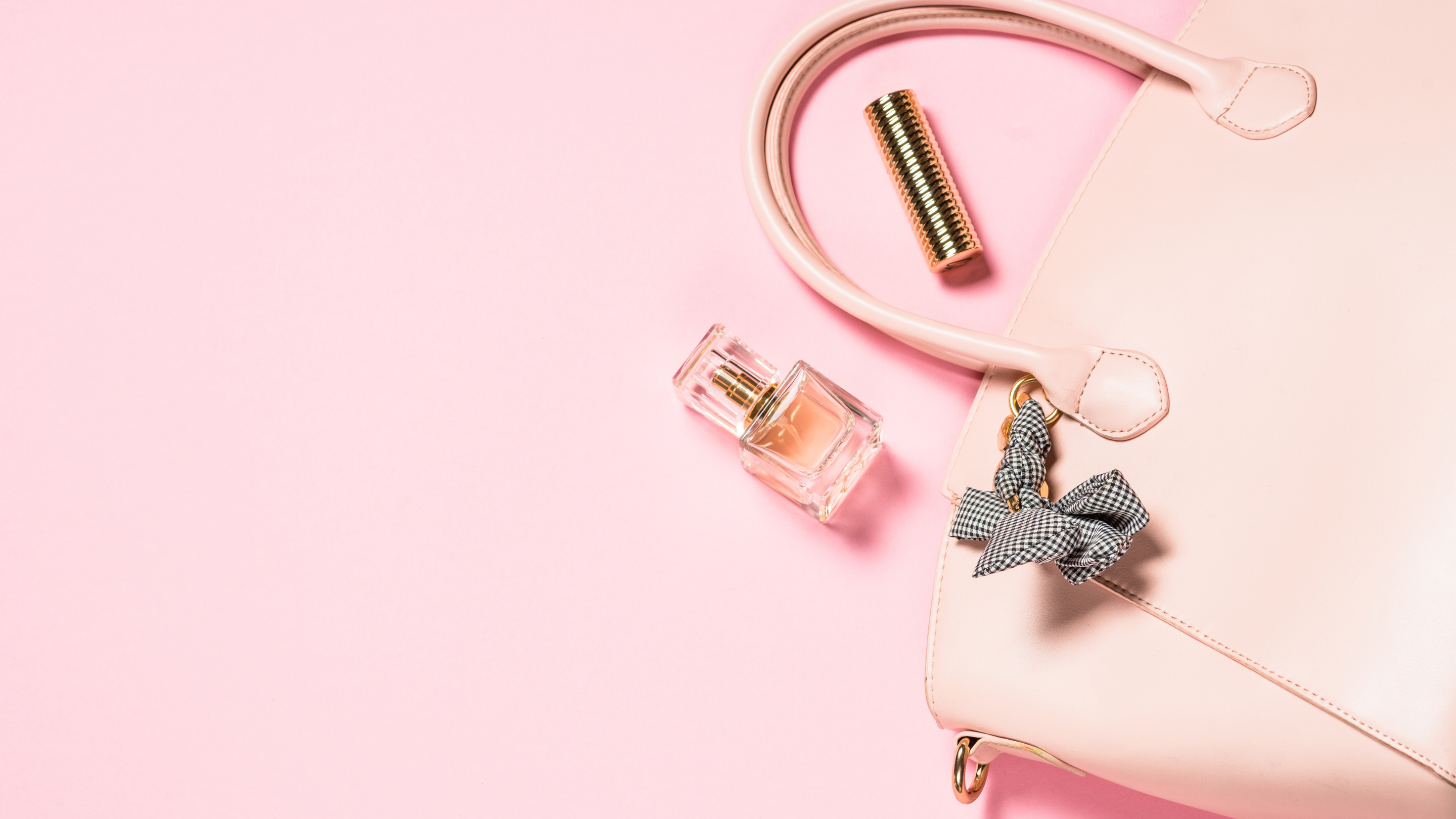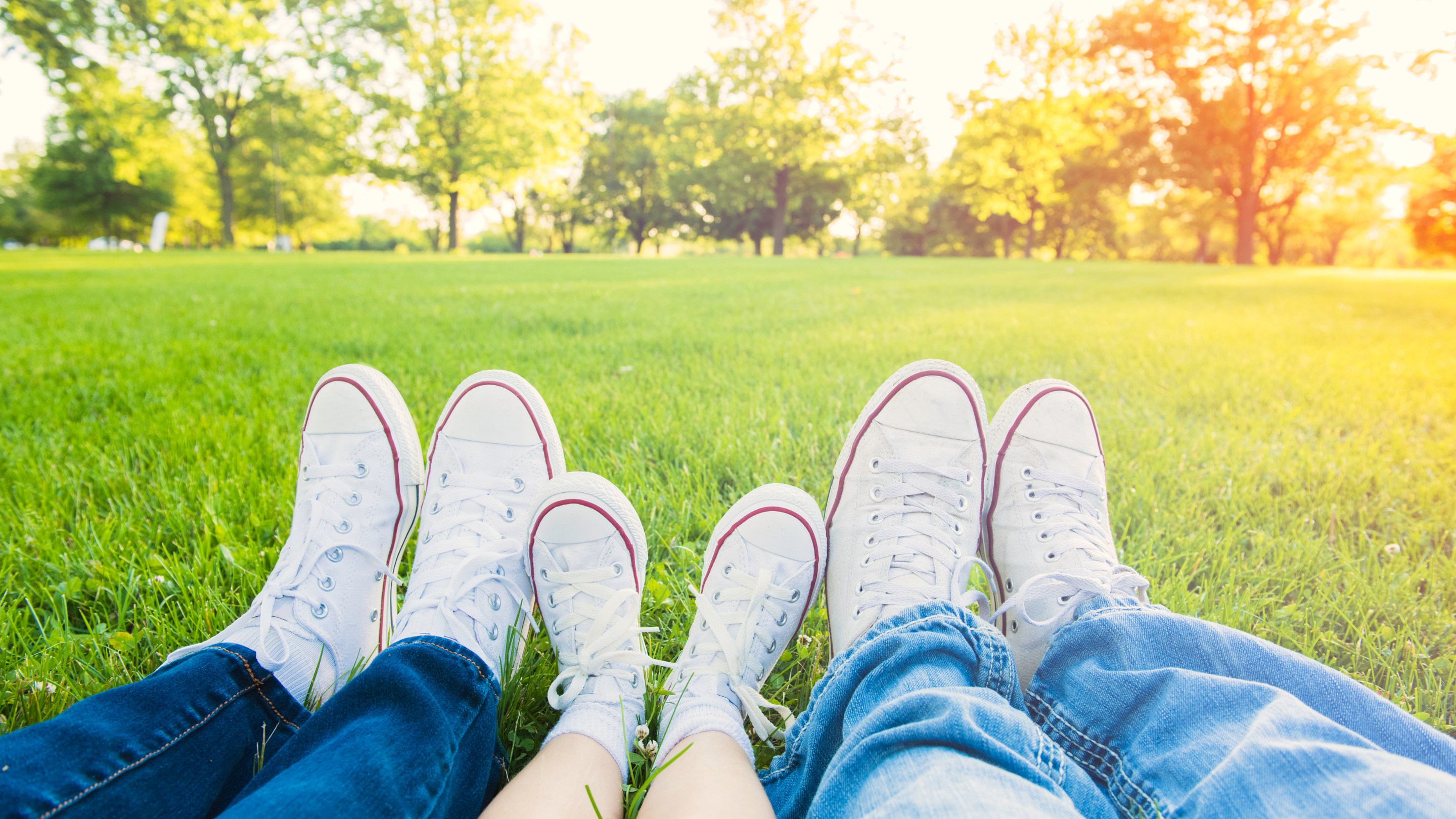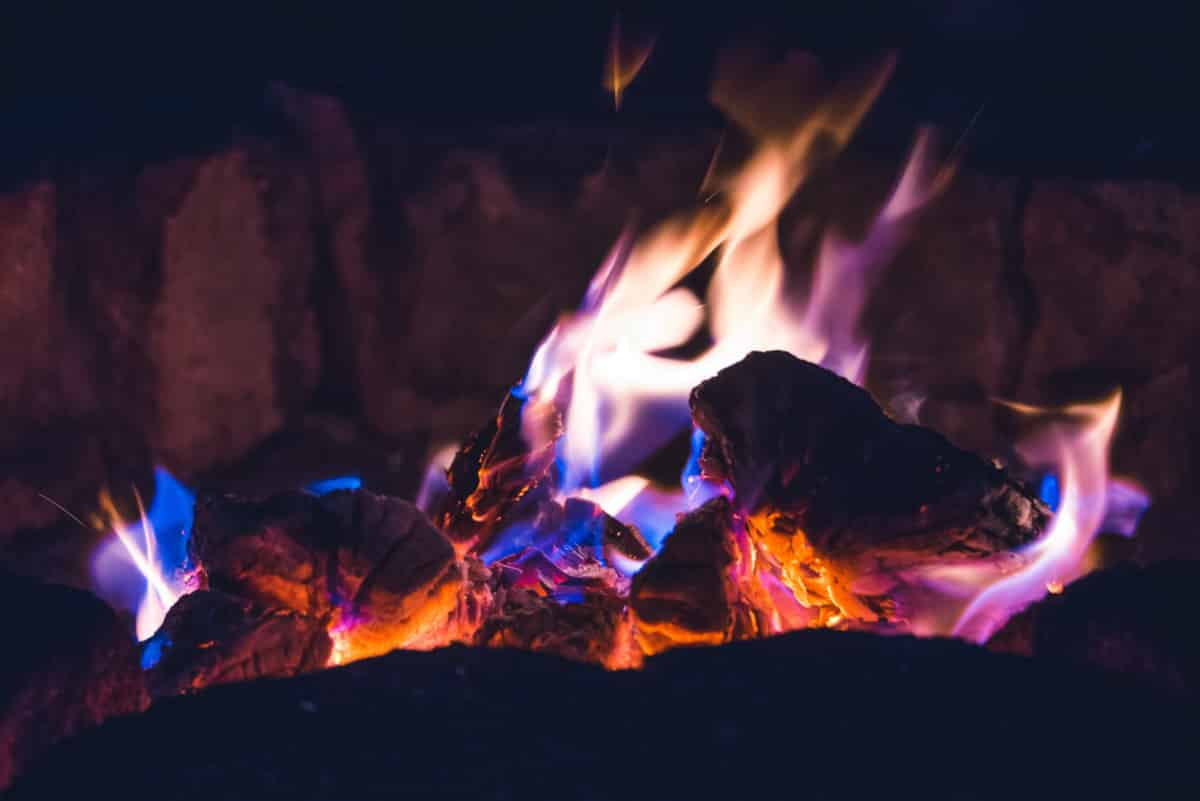According to the UK government’s own website, there are no specific rules against bonfires.
Instead, the law covers peripheral regulations relating to nuisance and environmental issues.
There are, however, smoke-control areas or zones designated throughout the UK.
Common sense ought to prevail seeing as there are no laws on bonfires during the day, but as we all have different ideas about what is ‘common sense’, perhaps these tips will help.
In many of the district council’s websites, there are wordings to this effect,
“Simplified, the law says that no one may have a bonfire if the smoke from it will cause a nuisance to other people. If someone does cause nuisance, proceedings may be taken and the person can be fined up to £5,000. If you must have a bonfire then following these guidelines will help reduce air pollution and the impact on neighbours”.
Bonfire rules
- Only burn dry material
- Never burn household rubbish, rubber tyres or anything containing plastic, foam or paint
- Never use old engine oil, methylated spirits or petrol to light or encourage the fire
- Avoid lighting a fire in unsuitable weather conditions. Smoke hangs in the air on damp still days and in the evening. If it is windy, smoke may be blown into neighbouring gardens and across roads
- Avoid burning at weekends and on bank holidays when people want to enjoy their gardens
- Where possible inform neighbours of your intention to have a fire. This will give them the opportunity to shut windows, bring in washing, etc
- Never leave a fire unattended or leave it to smoulder
- If you're bothered by smoke from a bonfire then approach your neighbour to highlight the problem, as they may be unaware of the problems they are causing
Waste Disposal
Depending on the type of materials you intend to burn, steer clear of burning household rubbish or that which can be recycled.
In particular, domestic waste, damp wood and leaves, paper and foodstuffs, plastics, and aerosols can cause environmental issues and also be dangerous when ignited.
Burning garden waste nowadays is often unnecessary as most councils will dispose of it for you for a small fee.
Preparation
It pays to prepare carefully for any sort of bonfire as a fire can quickly get out of control if no thought has gone into how, where, and when the fire is placed.
Is there a perfect time to burn rubbish?
Think about your neighbours.
If they are having a quiet afternoon in the sun or working on their garden, or just have their washing hanging out, it’s highly likely you will get complaints.
It’s always worthwhile to let them know beforehand about your intentions and invite them to let you know if this will cause them any inconvenience.
When is the best time to burn rubbish?
Think about the weather.
If it’s going to pour down or wind is forecast, can the bonfire wait until a more ideal day?
A light breeze is ideal and before darkness sets in.
Where should I burn rubbish?
Ensure you have plenty of open space, away from trees, fences, and anything combustible.
A flat, level surface preferably with a concrete base is best.
How should I burn rubbish?
Don’t rush the process as it’s then when things go wrong. The Fire Brigade have the authority to fine you for a call out if your bonfire gets out of hand.
Don’t overload the bonfire.
Start small and gradually add the materials, using gloves and keeping well away from naked flames.
A brazier or metal bin incinerator is ideal as it contains the bonfire as long as it’s not overloaded.
How to Light Your Fire?
Never, ever, ever use accelerants to start your bonfire.
Always have a method to hand that will effectively extinguish the bonfire. This can be readied buckets of water, a garden hose with sufficient volume to put out a small bonfire, or an extinguisher for these types of fire.
Now-assuming you have a safe place to light your bonfire, you’re free of trees and bushes and the inevitable sparks that will fly from the fire won’t travel far.
You need matches or a similar means of starting the bonfire.
Tinder will help to start your fire: Small, dry sticks or twigs, or newspaper.
Kindling is wood slightly thicker than tinder.
The mix of tinder and kindling will burn more easily and build a hotter foundation under your larger wood.
Note that all wood should be dry as damp or wet wood will not easily burn but will cause masses of smoke that will alert neighbours, the Fire Brigade, and ultimately the local council!
Now add the logs or wood from old furniture etc.
What can I burn in my garden?
Can I burn wood in my garden?
There should be no reason why not as long as it is dry. Wood, leaves, grass, and debris all burn well. Consider using your local council as an alternative as they will dispose of your rubbish for a small fee and this will save you time and the hassle.
Can I burn poop?
Not human -and there are environmental issues with domestic animal waste.
Can I burn garden waste?
As long as it is dry and not too large, this should not pose a problem.
However, if you’ve cut down a tree that is protected, you will be held liable and subject to a heavy fine
Can I burn polystyrene?
No-polystyrene lets off harmful gases and is an environmental hazard when burned
Can I burn money?
Burning money in the UK is illegal as it defaces the Queen’s ‘coin’.
Can I burn plastic?
No- all plastics should be disposed of by local councils.
When can I light a bonfire?
As previously explained, there are no set rules but try to avoid weekends as this is when your neighbours will be looking to enjoy their own gardens too.
In Summary
The tips set out above are by no means hard and fast rules for you to adhere to.
We urge you to consult your local council or view their websites for specific conditions relating to your area.
Above all, stay safe and dispose of your waste carefully and thoughtfully.





